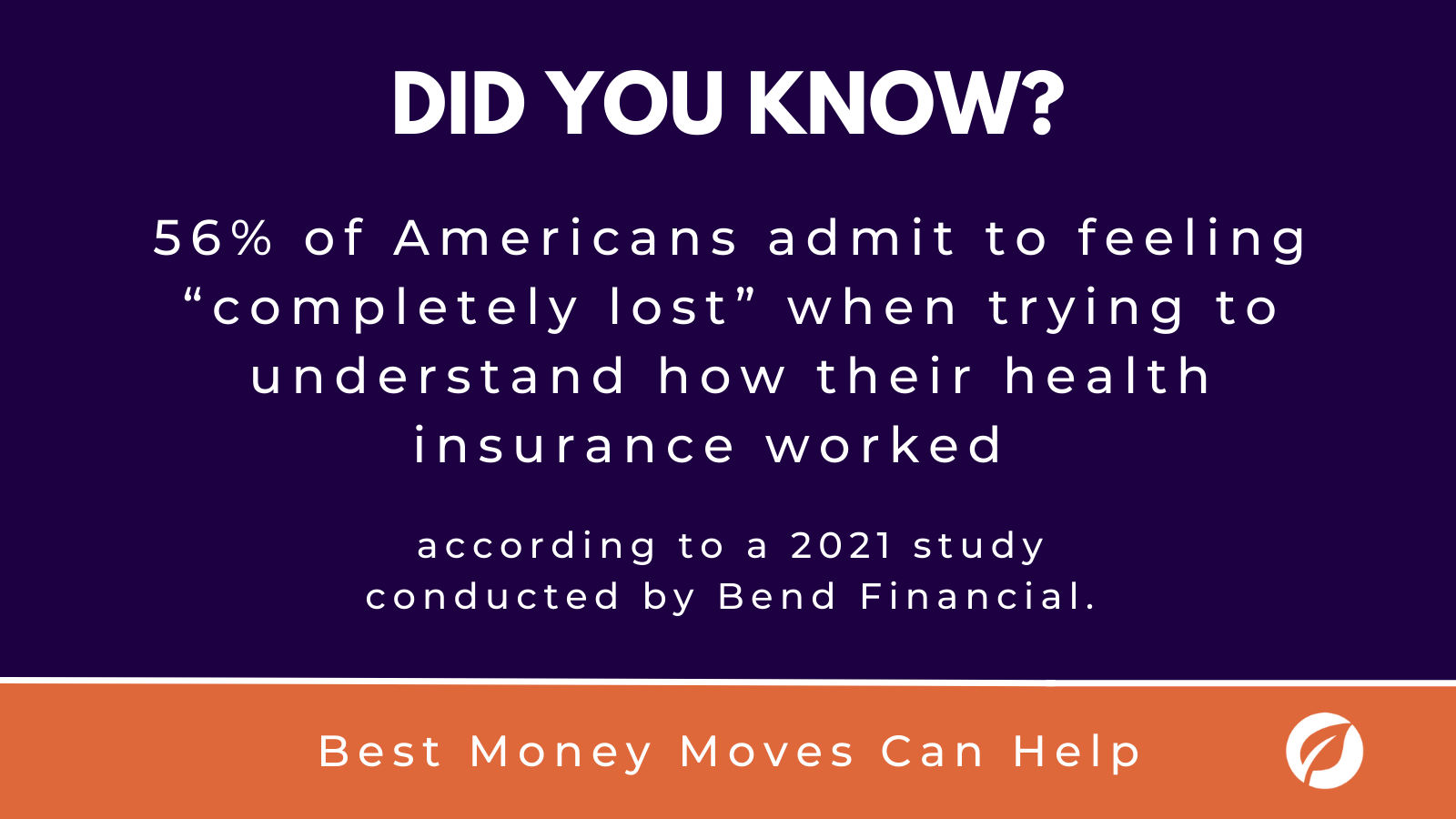3 ways to improve your employee benefits communication. Use these 3 strategies to improve your employee benefits communication and help your team make the most of your benefits offerings.
Even the most robust employee benefits programs can fall flat without clear communication. More than 40% of employees do not feel adequately informed about the programs their employers offer, according to a Financial Health Network poll.
Better employee benefits communication is key to a happier, healthier workforce. Use these three tips to give your communication strategy a boost.
Why aren’t your employees using their benefits?
A lack of communication keeps employees in the dark: Simply put, if employees don’t know what you offer, they will not use their benefits.
Overly complex benefits intimidate employees: Important benefits such as private health care, retirement or life insurance often feel too complex for employees to tackle. A 2021 study from Bend Financial found that 56% of Americans admitted to feeling “completely lost” when trying to understand how their health insurance worked.
Financial strain diverts employees from investing in their benefits: According to CNBC, 58% of Americans are living paycheck to paycheck. When employees struggle to cover basic bills, they may not be willing to pay for extra benefits.
3 Ways to Improve Your Employee Benefits Communication
Better benefits communication starts with clarity, simplicity and personalization.
1. Keep open lines of employee benefits communication.
It is most important to clearly communicate the value and purpose of each benefit you offer to your employees.
This can start from the onboarding process, where new employees can learn and take advantage of your company’s benefits package. According to MetLife, 55% of employees note that benefit programs are necessary benefits to accept a new job offer.
Beyond that, creating a dedicated and easily accessible place where employees can find detailed information about benefits is another great way to improve communication. This may include forms, links and other resources that can help employees learn about all the benefits you offer.
Benefit fairs and workshops can also be a useful way to promote new benefits or bolster old ones. Discuss relevant information, such as how to apply, enrollment deadlines and any other updates. This strategy keeps benefits top of mind for employees and encourages them to make use of what they are being offered.
Determining how you communicate these benefits is also a major factor in how your employees respond. For example, in-person meetings might be good for new hires, while employees who already know about existing benefits might respond more positively over email. All of this depends on your employees and what kinds of benefits you offer.
2. Regularly review your employee benefits communication strategy.
Whether you feel your benefits strategy is working or not, it’s worth it to review it periodically so that you can reassess and implement new approaches.
Annual benefits reviews with employees can help you better understand their needs and whether your offerings are actually relevant to what they need. This is especially important if you have employees who are reaching major financial milestones such as student loans, children or retirement. You might also consider including extra perks for those who take advantage of what you offer.
Communication goes both ways, so be sure to create avenues for employees to provide feedback on each benefit you offer. This can help you understand what’s working well and where you can add improvements, as employees are willing to engage with benefits relevant to them. In fact, 49% of employees would bear more of the cost to have access to more benefits that fit their needs, according to the same MetLife report.
3. Personalize your benefits offerings to meet the needs of your team.
Personalizing benefits to suit your employees is the next step after reviewing your current package. With employee feedback, you should be able to make a more informed decision about what your workforce needs and how you can best help them. 73% of employees would be encouraged to stay with their current employer for longer if offered access to more relevant benefits, according to MetLife.
Programs that are part of the benefits package, such as financial wellness solutions, can encourage employees to participate in these programs and improve their overall well-being. By providing clear information, support, and personalized guidance, you can help employees make the most of their benefits and set themselves up for success.
Maximize your financial wellness benefits with Best Money Moves.
Best Money Moves is a mobile-first financial wellness solution designed to help dial down employees’ most top-of-mind financial stresses. As an easy-to-use financial well-being solution, Best Money Moves offers comprehensive support toward any money-related goal. With 1:1 money coaching, budgeting tools and other resources, our AI platform is designed to help improve employee financial well-being.
Whether it be retirement planning or securing a mortgage, Best Money Moves can guide employees through the most difficult financial times and topics. We have robust benefits options for employers, regardless of their benefits budget.
Our dedicated resources, partner offerings and 700+ article library make Best Money Moves a leading benefit in bettering employee financial wellness.
To learn more about Best Money Moves Financial Wellness Platform, let’s schedule a call. Contact us and we’ll reach out to you soon.






